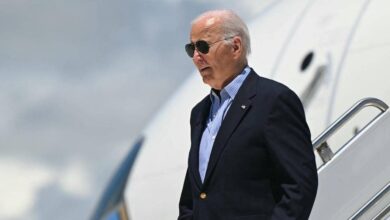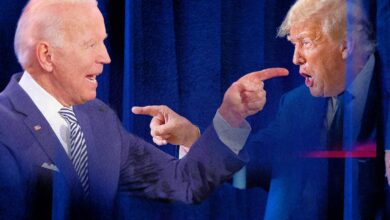
New Delhi/Washington – An alleged Indian plan to extrajudicially target a pro-Khalistan activist has emerged as an unexpected thorn in blossoming India-US relations. The timing of the controversy couldn’t be more inopportune as both nations gear up for major electoral battles in 2024.
Earlier this year, US authorities accused India’s intelligence agency of hatching a plot to assassinate Khalistani separatist Pavittar Singh Pannun on American soil. While Indian officials dismissed linking “a few incidents” to bilateral ties, signs of strain have become palpable.
In an unprecedented move, FBI Director Christopher Wray visited New Delhi in December, with the Pannun case believed to be on the agenda. The US Commission on International Religious Freedom, too, sounded alarm bells over India’s “targeting of religious minorities.”
Adding to the diplomatic discomfort, President Joe Biden turned down an invitation to be the chief guest at India’s Republic Day parade this January. Though no official reason was cited, the refusal forced the postponement of a planned Quad summit in New Delhi.
“June was the high peak of India-US ties, and they have cooled down since,” remarked Sushant Singh of the Centre for Policy Research. “The Pannun murder plot has had a definite role.”
However, not all agree that turbulence poses a serious threat. Christopher Clary of the University of Albany likened it to “an airliner encountering turbulence – unpleasant but not endangering the aircraft.”
As crucial elections loom in both democracies, the lingering Pannun shadow has undoubtedly shrunk the political wiggle room for leaders in New Delhi and Washington. How deftly they navigate this unexpected hurdle could shape the trajectory of a partnership with far-reaching global ramifications.



